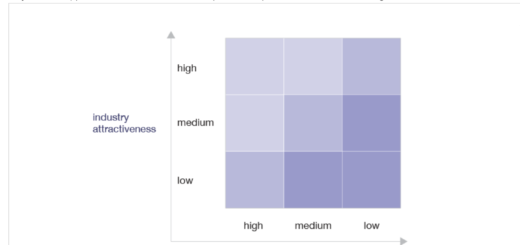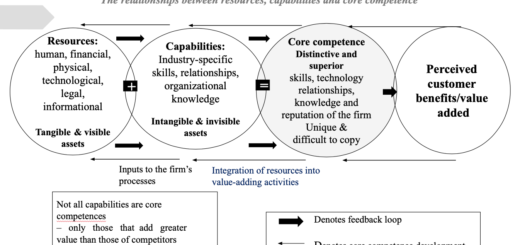Concept and Type of Financial Reward
Financial rewards are a type of reward that involves monetary compensation given to employees in exchange for their work performance. These rewards may include job-based pay, person-based pay, pensions, financial recognition schemes, and share schemes. Here is an overview of each:
- Job-based pay: This type of financial reward is based on the job that the employee performs. The pay is determined by the job description, and the employee is paid according to the position’s salary scale. It is a structured form of compensation that is often used in organizations with a formalized salary structure.
- Person-based pay: Person-based pay is a type of financial reward that is based on the employee’s skills, knowledge, and abilities, regardless of their job title or position. This approach rewards employees who have a higher level of competence and who contribute more to the organization.
- Pensions: Pensions are a form of financial reward that provides employees with a retirement benefit. Employers contribute to the employee’s pension fund, and the employee receives regular payments after retirement.
- Financial recognition schemes: Financial recognition schemes include bonuses, profit-sharing, and stock options. These rewards are given to employees for their contribution to the organization’s success, and they can be paid out as a lump sum or over time.
- Share schemes: Share schemes are a form of financial reward that provides employees with company shares. This allows them to benefit from the company’s success and growth. Share schemes can be used as a way to motivate employees to work towards the company’s success.
Overall, financial rewards are a crucial aspect of compensation and can play a significant role in motivating employees and retaining talent within an organization. Different types of financial rewards can be used depending on the organization’s structure and goals, as well as the employee’s performance and contribution.



